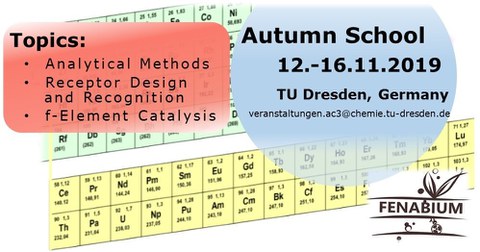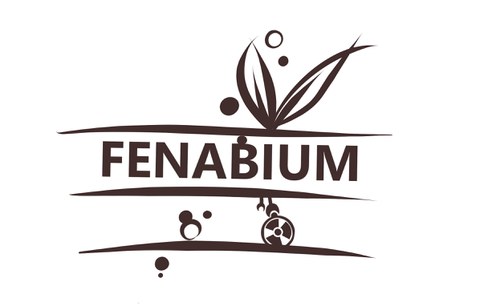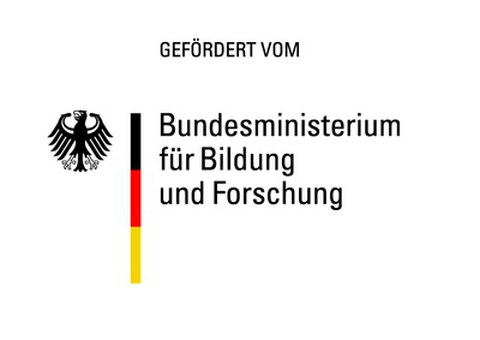Sep 13, 2019
International Autumn School: The Chemistry of f-Elements
Understanding the complex chemistry of f-elements is important in various applications and is rather unexplored compared to transition metals, presumably due to the radioactivity of the actinides. However, the electronic and chemical properties of these metals portend unusual chemistry: high Lewis acidity, very large ionic radii and large, flexible coordination geometries, generally labile and polar metal–ligand bonding, predominantly fixed oxidation states, with interesting exceptions, and many oxidation states having unpaired f-electrons. Apart from spent nuclear fuel processing, waste disposal, and environmental monitoring to prevent the release and migration of these metal ions, the electronic structure of coordination compounds and their resulting properties are modern aspects of f-element chemistry. Application not only limited to small molecule activation and single molecule magnets, result from the specific properties of these metals and may lead to advance application in the modern society.
Within the Autumn School, national and international renowned researchers will introduce interested students to f-element chemistry at the current level. The School focuses on the three aspects: Analytical methods, receptor design and recognition, and
f-element catalysis. Special stress will be laid on the general theory of the coordination chemistry, and on analytical methods to determine the composition of the formed compounds and the donor atoms involved in the coordination. Further, novel principles of interpretation coordination compounds include a series of interactions and their mutual influence such as complex formation, co-coordination, solvation, and self-organization process will be addressed.
The International Autumn School is organised by Prof Jan J. Weigand (Faculty of Chemistry and Food Chemistry, Chair of Inorganic Molecular Chemistry, TU Dresden) The school aims at PhD students and postdocs in all covered fields and takes place from November 12th to November 16th 2019 at the TU Dresden in Germany.
Please apply via mail () before October 21st 2019. Please provide the following details with your application: Name, Given Name, Date of birth, Address, Institution, Occupation.
Speakers:
- Prof. Polly L. Arnold (Lawrence Berkeley National Laboratory, USA)
- Prof. Stepan Kalmykov (Lomonosov Moscow State University, Russia)
- Dr. Kristina Kvashnina (Helmholtz-Zentrum Dresden-Rossendorf, Germany/France)
- Prof. Karsten Meyer (Friedrich-Alexander-Universität Erlangen-Nürnberg, Germany)
- Prof. Florian Kraus (Philipps-Universität Marburg, Germany)
- Prof. Peter Roesky (Karlsruher Institut für Technologie, Germany)
- Dr. Michel Meyer (Université de Bourgogne, France)
- Prof. Jan J. Weigand (Technische Universität Dresden, Germany)
- Prof. Berthold Kersting (Universität Leipzig, Germany)
- Prof. Eike Brunner (Technische Universität Dresden, Germany)
- Dr. Moritz Schmidt (Helmholtz-Zentrum Dresden-Rossendorf, Germany)
- Dr. Michael Patzschke (Helmholtz-Zentrum Dresden-Rossendorf, Germany)
- Dr. Andreas Geist (Karlsruher Institut für Technologie, Germany)
- Dr. Harald Foerstendorf (Helmholtz-Zentrum Dresden-Rossendorf, Germany)
- Dr. Johannes Raff (Helmholtz-Zentrum Dresden-Rossendorf, Germany)
- Dr. Cornelius Fischer (Helmholtz-Zentrum Dresden-Rossendorf, Germany)
- Dr. Marco Wenzel (Technische Universität Dresden, Germany)



